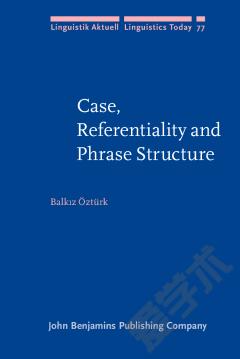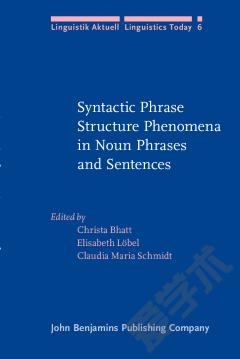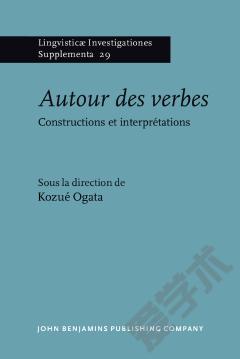Case, Referentiality and Phrase Structure.
This book proposes that the two “independent” conditions on argumenthood, namely, case and referentiality, are strongly correlated and have to be associated with each other in syntax as syntactic features. It shows that languages exhibit variation in the way this association is implemented in their syntax, which presents an explanation for the differences observed in their phrase structure in terms of (non-)configurationality. Thus, this book not only presents an innovative overarching theory for case and referentiality, but also aims to bring a new look at the issues of (non-)configurationality. It specifically argues for parameterization of functional categories associated with case and referentiality, which has certain implications not only for the acquisition but also for the diachronic development of functional categories. Providing rich comparative data from typologically different languages such as Turkish, Chinese, Hungarian, English and Japanese, this book is of particular interest to typologists as well.
{{comment.content}}








 京公网安备 11010802027623号
京公网安备 11010802027623号